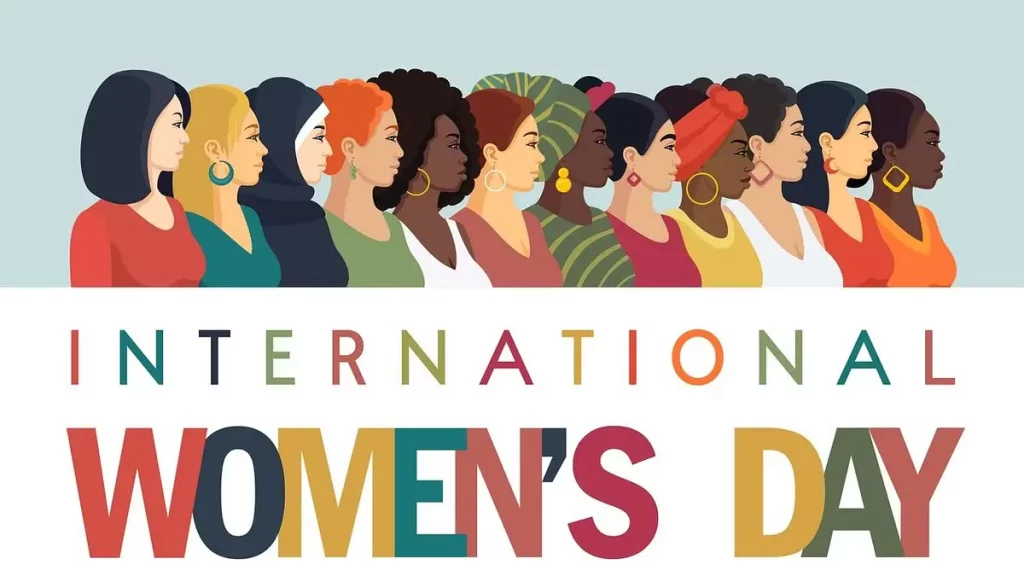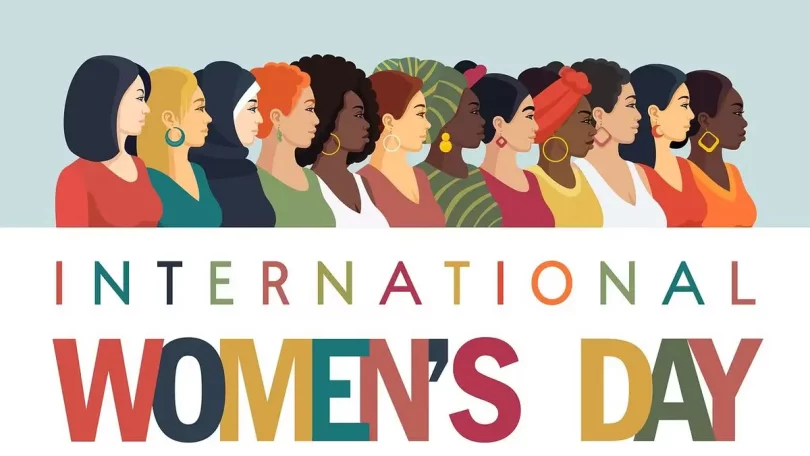The United Nations has decided on this year’s theme, ‘Invest in Women: Accelerate Progress,’ which aims to tackle economic disempowerment. “The campaign theme for this year is ‘Inspire Inclusion’.”
This campaign emphasises the importance of diversity and empowerment in all aspects of society.
“The campaign theme emphasizes the significance of inclusion in attaining gender equality.”

International Women’s Day 2024: History and significance
On 28 February 1909, the United Nations observed the first National Women’s Day, followed by a declaration by the Socialist Party of America.
To promote women’s rights and suffrage, Clara Zetkin proposed an annual Women’s Day in 1910 during the International Conference of Working Women held in Copenhagen. It met with unanimous approval, which led to the first International Women’s Day being celebrated in 1911 across Austria, Denmark, Germany and Switzerland.
International Women’s Day is highly significant for gender equality and women’s rights. This day raises awareness about women’s rights across sectors, including social, economic, cultural, and political achievements.
International Women’s Day Theme
Women’s well-being and achieving gender equality in different life aspects are crucial to creating successful economies and a healthy planet. However, the United Nations has highlighted a major challenge: the $360 billion deficit in gender equality measures by 2030. The organisation further highlighted five key areas that need joint action: Investing in women, a human rights issue, Gender equality is the most pressing human rights issue that we need to address. Investing in women benefits everyone.
Ending poverty: According to the UN, 75 million people have fallen into poverty due to the pandemic, and immediate action is necessary to save 342 million women and girls from poverty by 2030.
Implementing gender-responsive financing: The increasing prices and conflicts worldwide may result in 75% of countries restricting public spending by 2025, which may adversely impact women’s access to essentials.
Shifting to a green economy and care society: The current economic system is imbalanced, which affects women. Hence, it is necessary to adopt a green economy and a care society to enhance women’s voices.
Supporting feminist change-makers: Feminist clubs and organisations record only 0.13% of official development assistance.







